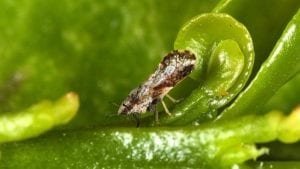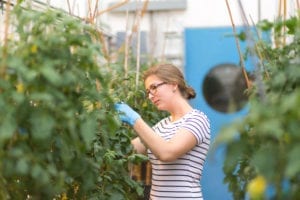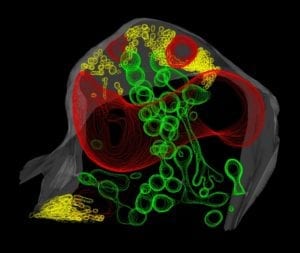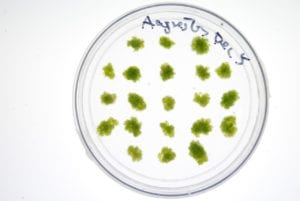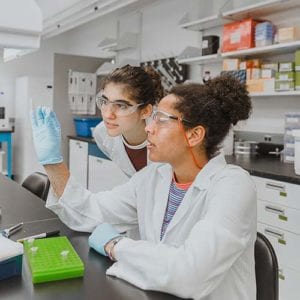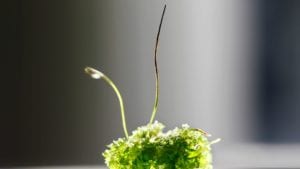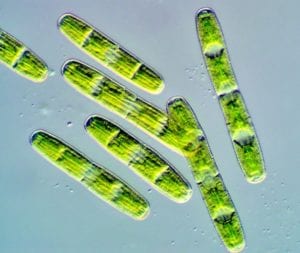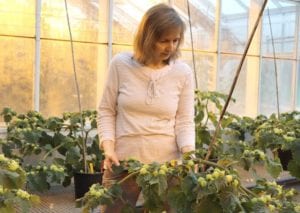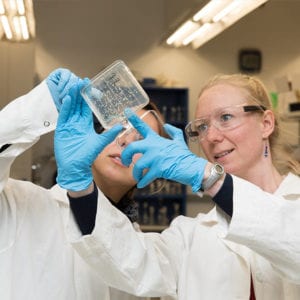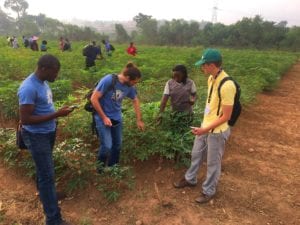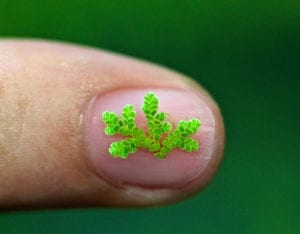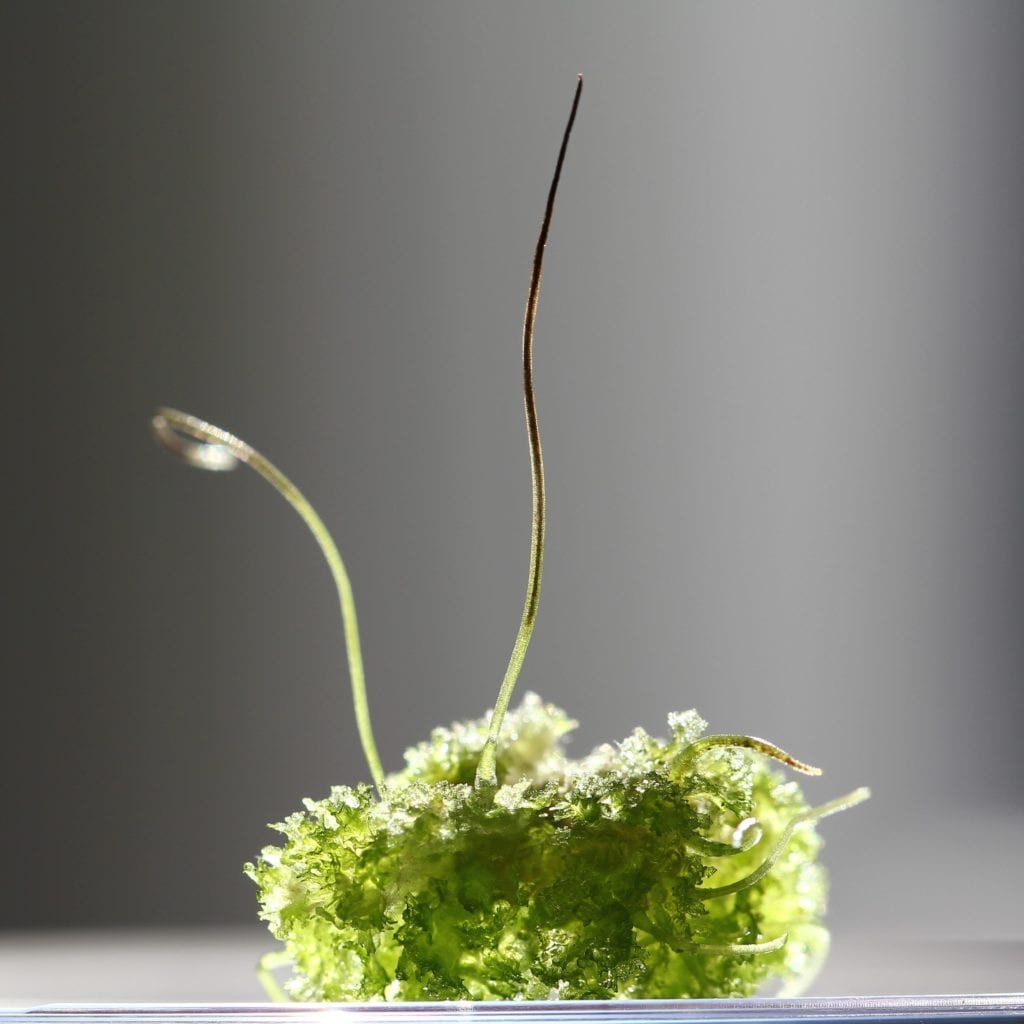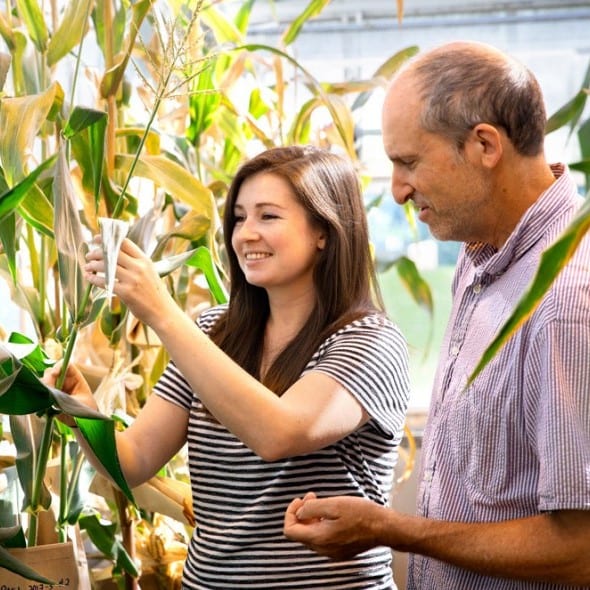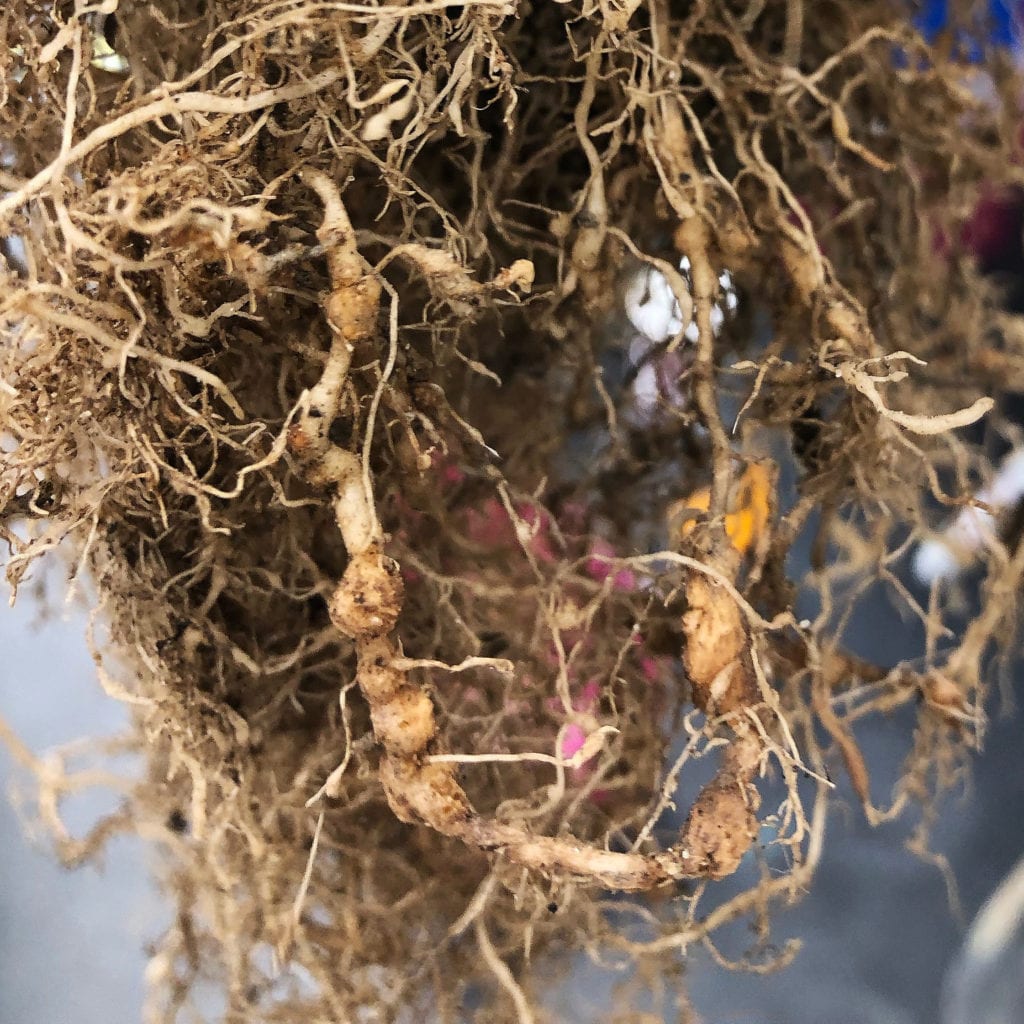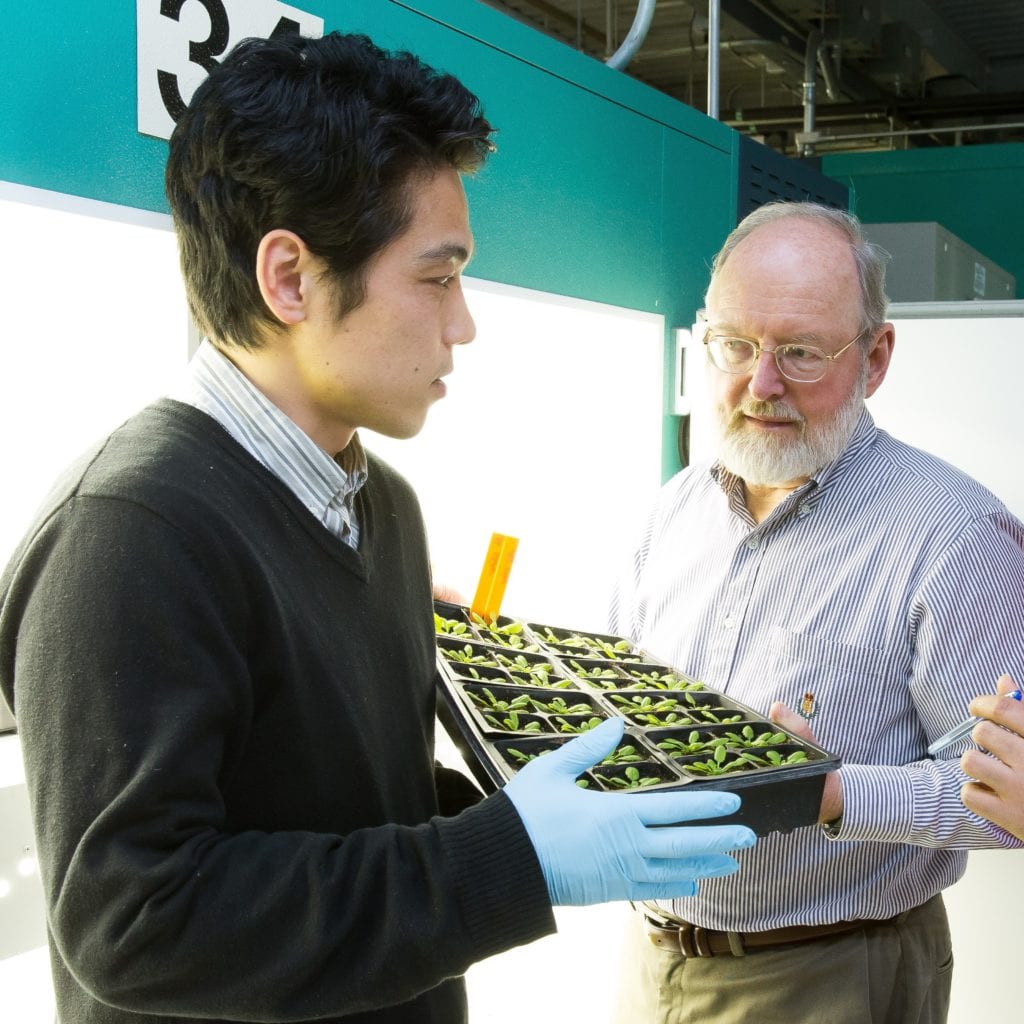For the Media
If you’re a member of the media looking for a compelling story, we can help. Our communications team is ready to help any journalist find the perfect story and accurate information about BTI’s latest discoveries.
Contact
Communications Office or 607-288-2578
For a deeper understanding of Boyce Thompson Institute, please watch the video about our story, view our history, and learn more about what we study.
Our research faculty are available for interviews and expert opinion. View BTI Faculty research areas.
Need a Logo?
Contact the Communications Office to request high-resolution images to accompany media releases.
Latest News
Hornwort Genomes Could Lead to Crop Improvement
Some 500 million years ago – when our continents were likely connected in a single land mass and most life existed underwater – hornworts were one of the first groups of plants to colonize land. But biologists have never understood much about the genetics of these...
Speedy Recovery: New Corn Performs Better in Cold
Nearly everyone on Earth is familiar with corn. Literally. Around the world, each person eats an average of 70 pounds of the grain each year, with even more grown for animal feed and biofuel. And as the global population continues to boom, increasing the amount of...
Plants Found to Speak Roundworm’s Language
Nematodes are tiny, ubiquitous roundworms that infect plant roots, causing more than $100 billion in crop damage worldwide each year. New research has found that plants manipulate the worms’ pheromones to repel infestations, providing insights into how farmers...
Reflections on Mary Clutter
We at BTI were deeply saddened to hear of the passing of Dr. Mary Clutter on December 8. Many know Mary from her time at the National Science Foundation, where she began as Program Director in the 1970s, working her way up to become Assistant Director for the...
Aspirin-Like Compounds Could Treat Numerous Human Diseases
People have used aspirin to treat pain, fever and inflammation for more than a century, and the drug is also used to reduce the risk of strokes, heart attacks and some cancers. An estimated 100 billion aspirin tablets are taken worldwide each year, but how it works...

